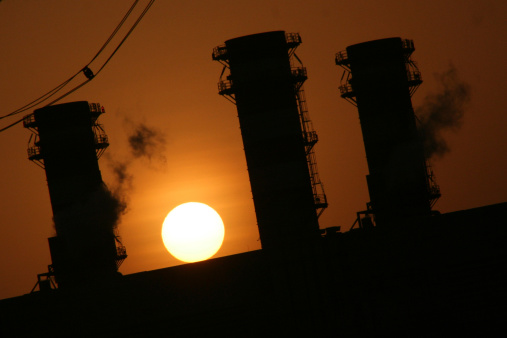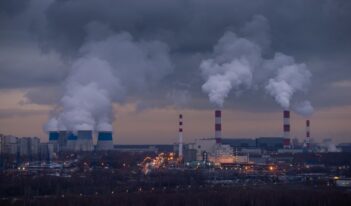
White House report claims costs of delaying action on climate change are high.
As part of a larger campaign to motivate action on climate change, the Obama Administration recently published a report that claims that failing to respond to climate change now will significantly increase the cost of responding in the future. In fact, the report says, the cost of mitigating climate change will increase by forty percent for each decade that passes without action.
This conclusion is predicated on two measures of cost. First, the report states that the short-term savings achieved by delaying action are outweighed by the increased costs of responding in the long run. As greenhouse gases accumulate, the report says, “persistent economic damages” accrue. Moreover, the White House projects that future mitigation efforts aimed at achieving goals comparable to present day policy objectives—say, a target CO2 level—will require more significant action, resulting in higher costs.
Second, the report refers to what the White House calls “climate insurance.” This measure of cost maintains that acting to mitigate climate change will reduce the risk of “climate catastrophes”—climatic events that are irreversible and pose severe economic threats. Drawing a loose analogy to insurance in the business world, the White House claims that acting with urgency to mitigate climate change is like a hedge against future costs, with added benefits like improved air quality and reduced environmental health risks.
To explain its position, the White House refers to a recent proposed rule by the United States Environmental Protection Agency (EPA) intended to regulate carbon dioxide emissions from fossil fuel-burning power plants.
According to the EPA’s regulatory impact analysis, the proposed rule would generate estimated quantified net economic benefits—or the “difference between monetized benefits and costs”—of $27-50 billion in 2020 and $49-84 billion in 2030 if states adopt a state-specific enforcement option.
The net economic benefits suggested by the EPA’s analysis are the “savings” to which the White House refers when it contemplates action on climate change. To delay action would, in the White House’s view, sacrifice significant long-term benefits to avoid minimal short-term compliance costs.
Beyond reducing future costs, the White House claims that acting on climate change sooner rather than later will foster immediate economic gains. “An additional benefit of adopting meaningful mitigation policies now,” the report says, “is that doing so sends a strong signal to the market to spur the investments that will reduce mitigation costs in the future.”
Though focused principally on domestic policy, the report admits that unilateral action by the United States is not the ideal way to combat the costs of climate change. Some members have Congress have used such arguments against enacting environmental regulations. For example, Senate Republican Leader Mitch McConnell has reportedly stated, “[e]ven if we were to enact the kind of national energy regulations the President seems to want so badly, it would be unlikely to meaningfully impact global emissions anyway unless other major industrial nations do the same thing.”
Still, Jason Furman, chairman of the President’s Council of Economic Advisers, told The Christian Science Monitor “[w]e know way more than enough to justify acting today [on climate change].”



